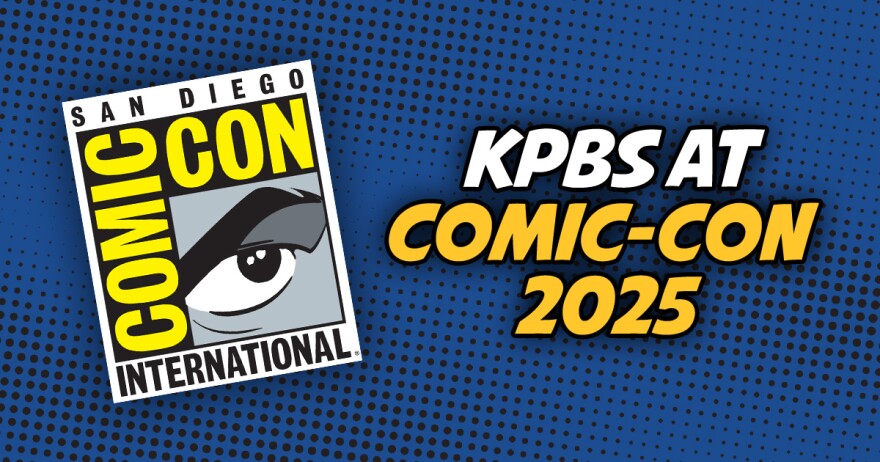Chelsea Cain has only written one comic book series, which was cancelled after eight issues, but she is already being called one of the best writers in the industry.
Cain, a best-selling mystery and thriller novelist, is nominated for a best writer Eisner Award. The awards are given out each year at San Diego Comic-Con.
“Mockingbird,” written by Cain and illustrated by Kate Niemczyk, is also nominated as one of last year’s best new series. The Marvel comic follows Bobbi Morse, a scientist and superspy codenamed Mockingbird, who was once married to Hawkeye, one of the Avengers along with Iron Man and the Hulk.
Cain’s short-lived run addressed a decades-old storyline, when Morse was drugged and brainwashed for months by a villain called the Phantom Rider. Modern readers have called the Phantom Rider’s actions rape. Morse eventually lets the Phantom Rider fall to his death, leading her husband to chastise her for failing to be a hero and later divorce her.
In Cain’s recent series, Morse refers to the Phantom Rider as a creepy ex-boyfriend, but one whom she went with willingly. Cain says the original comics only showed that story from Hawkeye’s point of view.
“This was calling the male narrative out,” Cain said. “My point was to explore and comment on how female characters, their kind of emotional lives aren’t represented… What if, in fact, she went willingly? What if she just cheated on Hawkeye? What if this ridiculous story, of this grown woman being kidnapped and drugged and held for months, is just a story that a jilted lover tells himself?”

Cain’s efforts to add more female perspectives into comics drew intense criticism from fans online, prompting Cain to make a statement with her final cover: Morse wears a T-shirt proclaiming, “Ask me about my feminist agenda.” The attacks on social media only intensified.
“That cover was my response to this kind of base level of misogynist trolling that had happened for many months. You know, just being accused of ruining a character because I was injecting my feminist agenda,” Cain said. “It was meant to provoke with the last issue this group of people who had been really small-minded.”
Despite selling far more novels than comics, Cain said she has never seen this kind of vitriol from book readers. Part of the reason, she thinks, is that comic characters date back decades and individual writers may only take over a series for a few years at a time, leading fans to feel more ownership over those characters than one in a just-released novel.
Cain said she is still a little “Joan Crawford bitter” over the criticism she faced and her series’ cancellation, but she still hopes to write more comics.
“If not me, someone, needs to write more comics from a female perspective, clearly,” she said. “Because it touched a nerve and it means there’s something there.”







